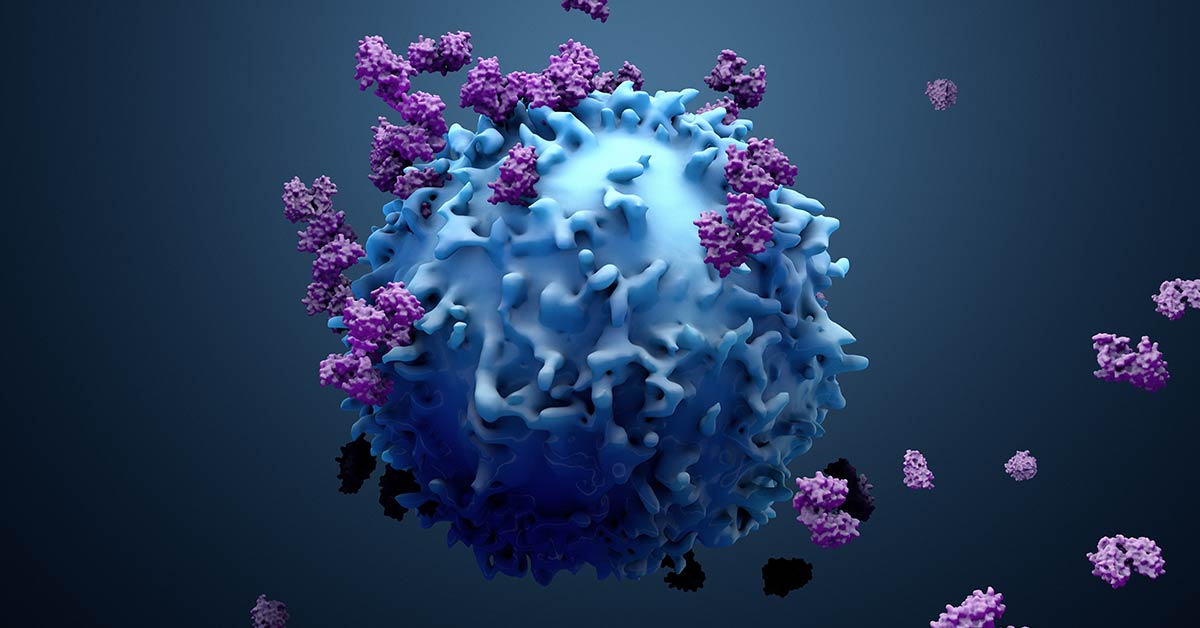
Tumor Profiling: A Key to Personalized Cancer Care
-
You may already know how targeted cancer therapies differ from traditional cancer treatment options (like chemotherapy or radiation), but what determines if a patient can receive a targeted therapy? Often, it comes down to the results of a tumor profile test.
Tumor profiling is testing that looks at unique DNA changes in a patient’s tumor, and in recent years, significant advancements have been made in this field of cancer care.
“The tests look for molecular pathways that may be driving the growth of a tumor,” said Michael Hall, MD, MS, a medical oncologist and cancer geneticist at Fox Chase Cancer Center. “The goal is to identify different targeted treatment agents that may work against those identified pathways.”
How Does Tumor Profiling Work?
Traditional cancer treatments work by inhibiting certain processes in every cell of the body, but newer treatments (like targeted therapies) work differently by attacking the pathways (such as a specific gene) that drive a tumor’s growth.
Tumor profiling is the technology oncologists use to determine if the pathways of a patient’s tumor match up with available targeted treatments.
Tumor profiling starts with obtaining a sample of tumor tissue. The tissue is usually collected through a core biopsy, but it can also be taken during surgery. Once the tissue sample is obtained, tumor DNA is extracted from the tumor cells, purified, and then sent to a lab. The DNA is tested, or sequenced, to look for gene mutations that could make the tumor responsive to certain treatments.
“Often we can get results in as little as two to three weeks,” Hall said.
Am I Eligible for Tumor Profiling?
Profiling for targeted therapies is used more often for certain cancer types, including: lung cancer, colon cancer, sarcoma, and melanoma. This is because these cancers are often related to genetic mutations that respond favorably to targeted treatments.
You may also be eligible for tumor testing if you have another type of advanced cancer that hasn’t responded to other treatments.
Does Tumor Profiling Have Any Limitations?
Tumor profiling has the power to uncover hundreds of genes within a tumor’s DNA, but targeted therapies have only been developed for a small number of those genes. And, even when a tumor’s gene does match with a targeted drug, there’s no guarantee that the tumor will be responsive to that treatment.
Furthermore, if it is responsive, that response may only be temporary. Cancers continue to grow and change—tumor profiles taken a year apart could yield different results.
“We’re still fairly limited in the targets that match with a therapy,” Hall said. “Around one out of 10 patients, maybe a little more, will have something that’s targetable.”
The good news is that those numbers are expected to increase.
“We’re in the infancy of tumor profiling and targeted therapies,” Hall explained. “Both academia and industry are highly motivated to develop targeted agents, and over time, we will certainly see more therapies become available that target more genes.”
